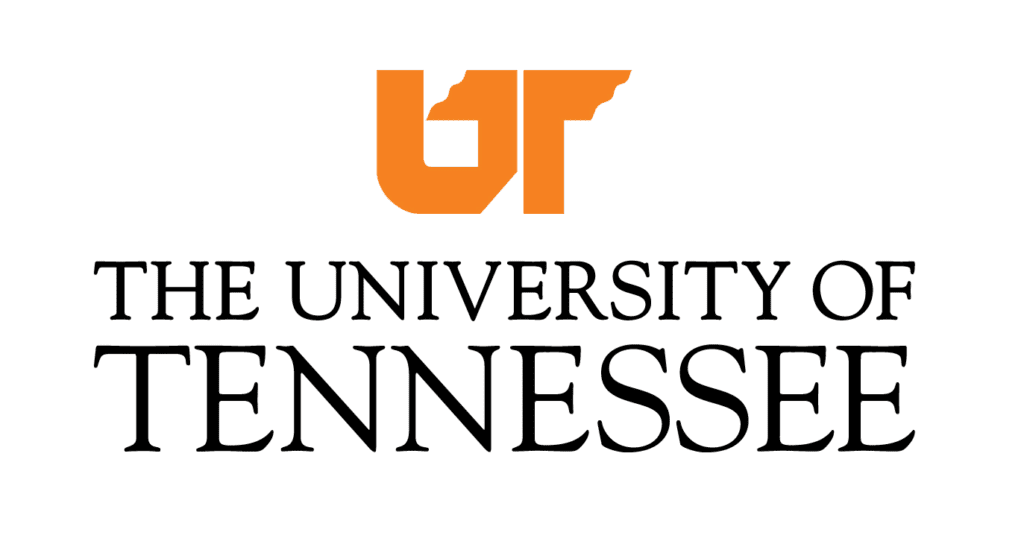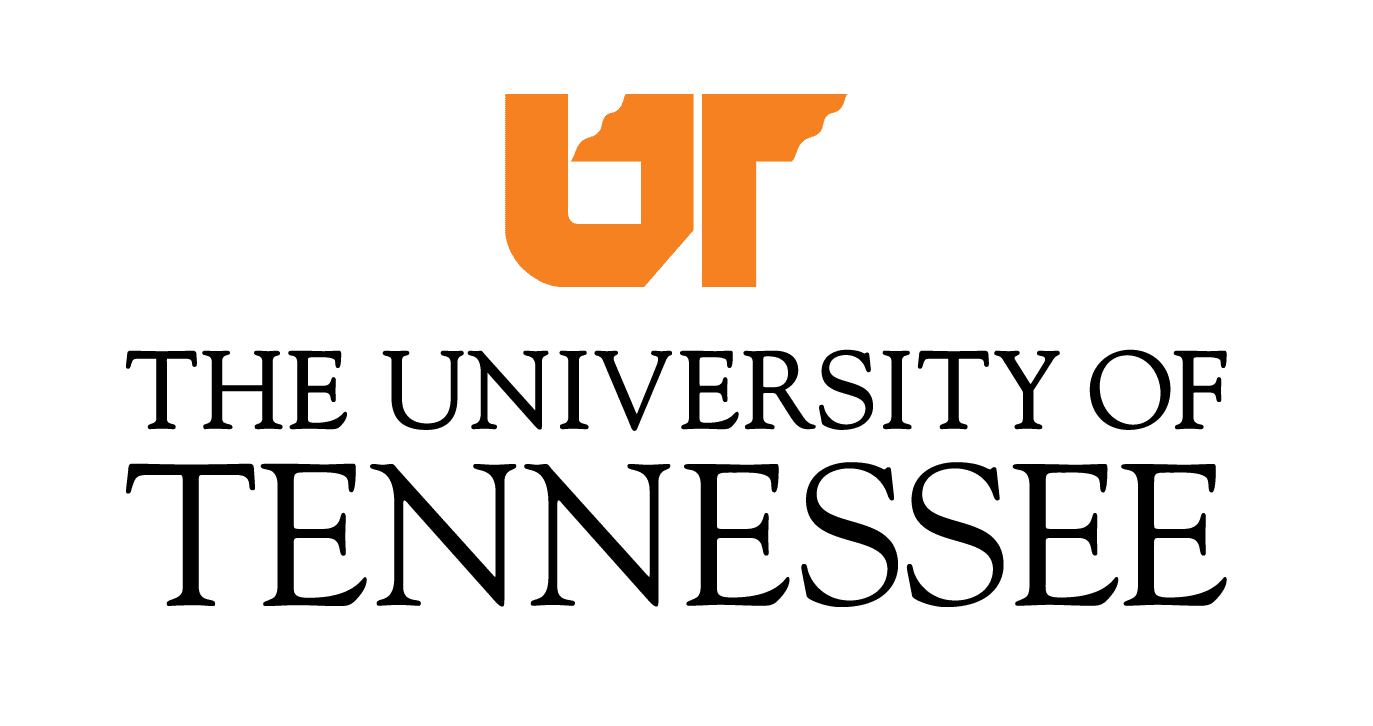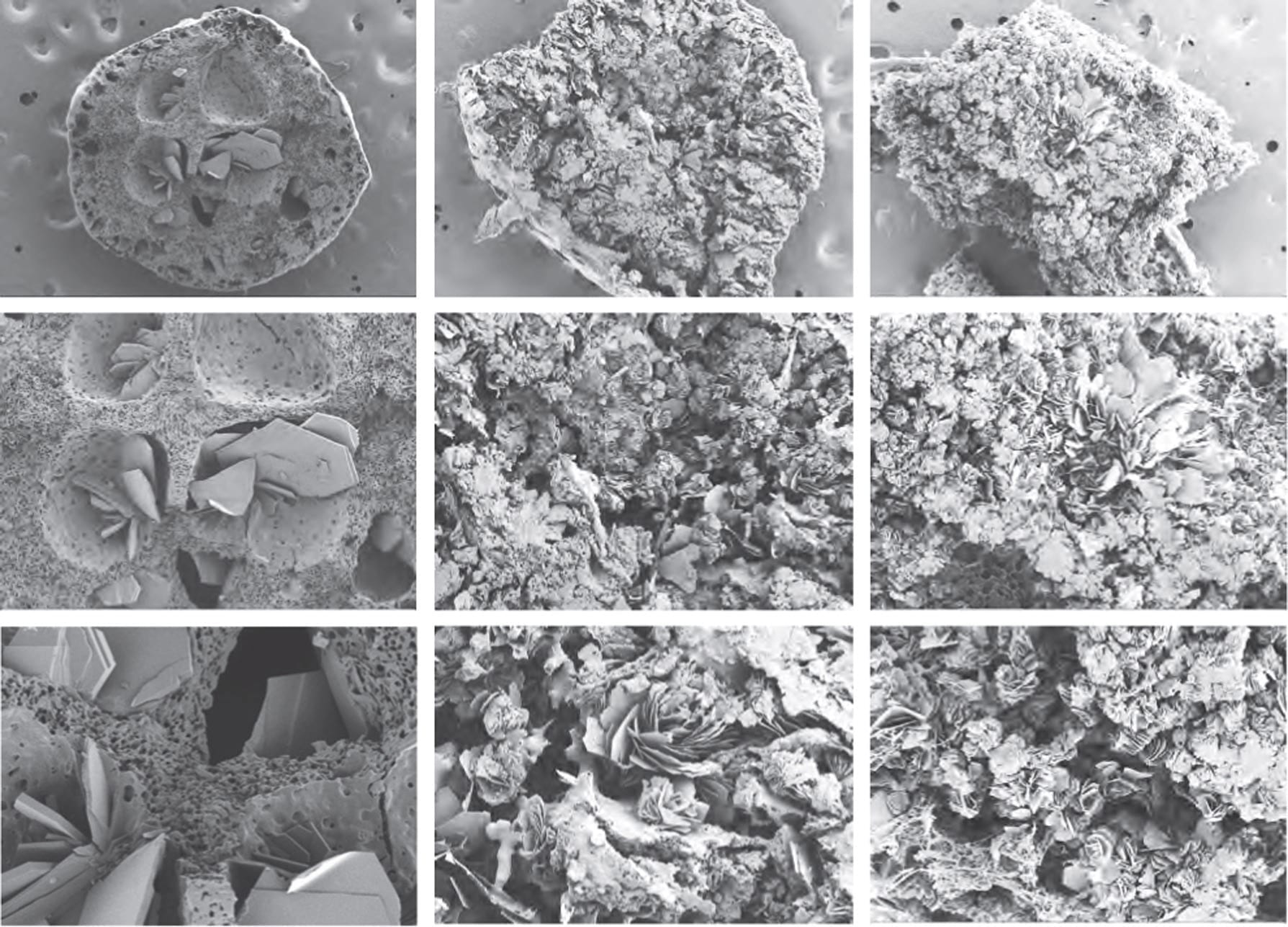
The University of Tennessee (The University of Tennessee, Knoxville; UT Knoxville; UTK; or UT) is a public research university in Knoxville, Tennessee
The Latest Bing News on:
University of Tennessee Research
- Tennessee Tech students, faculty participate in Women in Cybersecurity Conference
Tennessee Tech University’s computer science students and faculty have always been proud supporters of Women in Cybersecurity — the global nonprofit organization and annual conference founded in 2014 ...
- Gatton College of Pharmacy will host summer camp
Students interested in learning more about the pharmacy profession can attend the GattonRx Summer Camp at East Tennessee State University Bill Gatton College of Pharmacy, an overnight camp on June 3-7 ...
- Does arming teachers make Tennessee schools safer? Experts aren't so sure
Tennessee's controversial new law that lets teachers carry guns in schools has experts questioning how it can be safely enacted.
- Where does Knox County stand among Tennessee's fastest growing counties? Hint, it's high
Not quite. That title belongs to Rutherford County. But Knox County has the second-fastest growing population in terms of total people added, according to new data from the U.S. Census Bureau. And it ...
- HCA Healthcare's Galen College of Nursing plans Orlando campus
HCA Healthcare's Galen College of Nursing — one of the nation's largest private nursing schools — will debut an Orlando campus soon.
The Latest Bing News on:
University of Tennessee Discovery
- The discovery of tennessine and the prospect of creating heavier elements
Element 117 was named tennessine because of the participation of Oak Ridge National Laboratory, Vanderbilt University and the University of Tennessee.
- May 4 plant sale at the Plateau Discovery Gardens
Many of you may still be unaware that part of our state's botanical garden is right here in our own backyard of Crossville.
- How University of Tennessee online learning is evolving, and 5 more pieces of news to know
The University of Tennessee at Knoxville has a lot on its plate before graduation in May, including a new partnership with an out-of-state institution. UT Knoxville has entered into a new partnership ...
- University of Tennessee leads the country in attendance for football and basketball fans
Tennessee Volunteers fans were the best in the country for combined attendance in football and men's and women's basketball.
- Ohio State University: University of Tennessee Chancellor Urges Land-Grant Universities to Take Leadership Role
Donde Plowman wants state flagship universities to seize the moment and take the lead in the national conversation about higher education.“No one is better positioned than the land-grant universities ...









